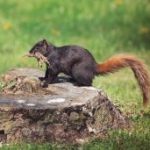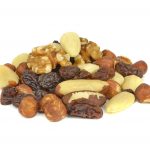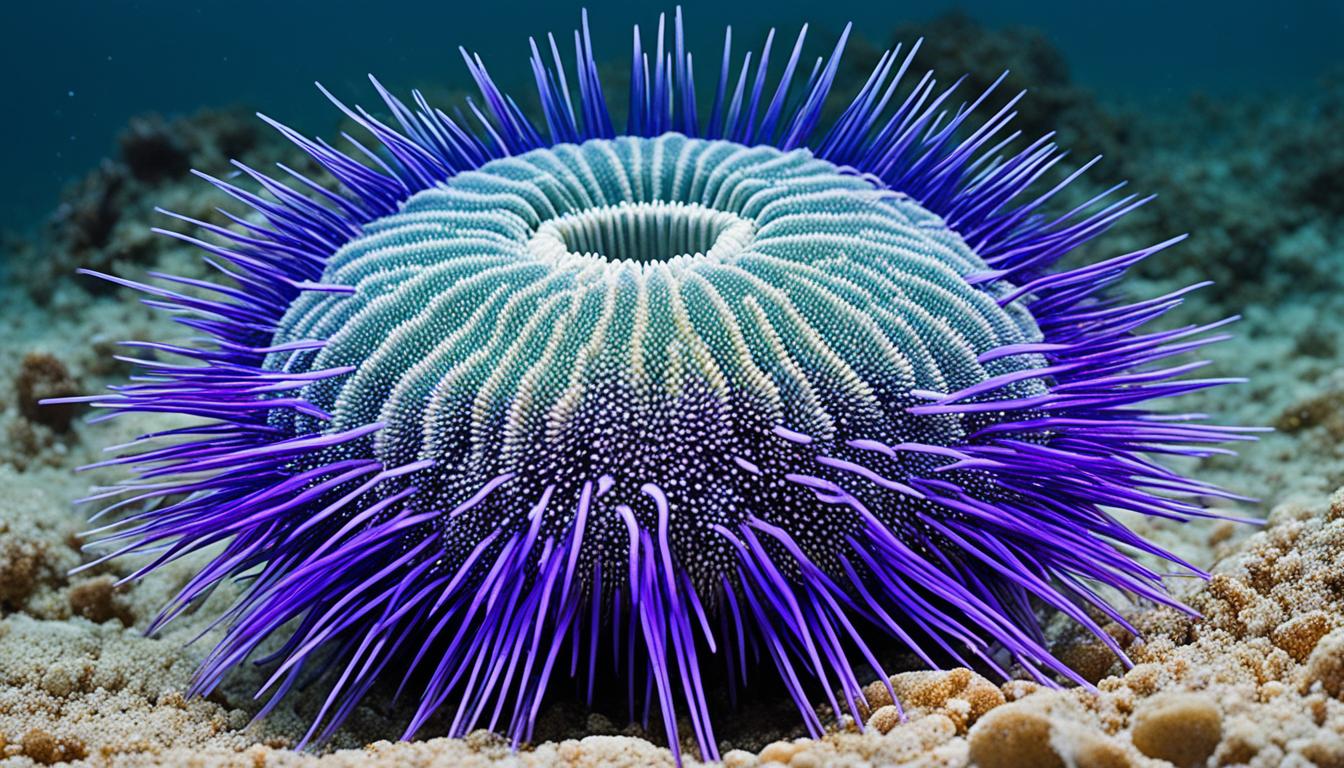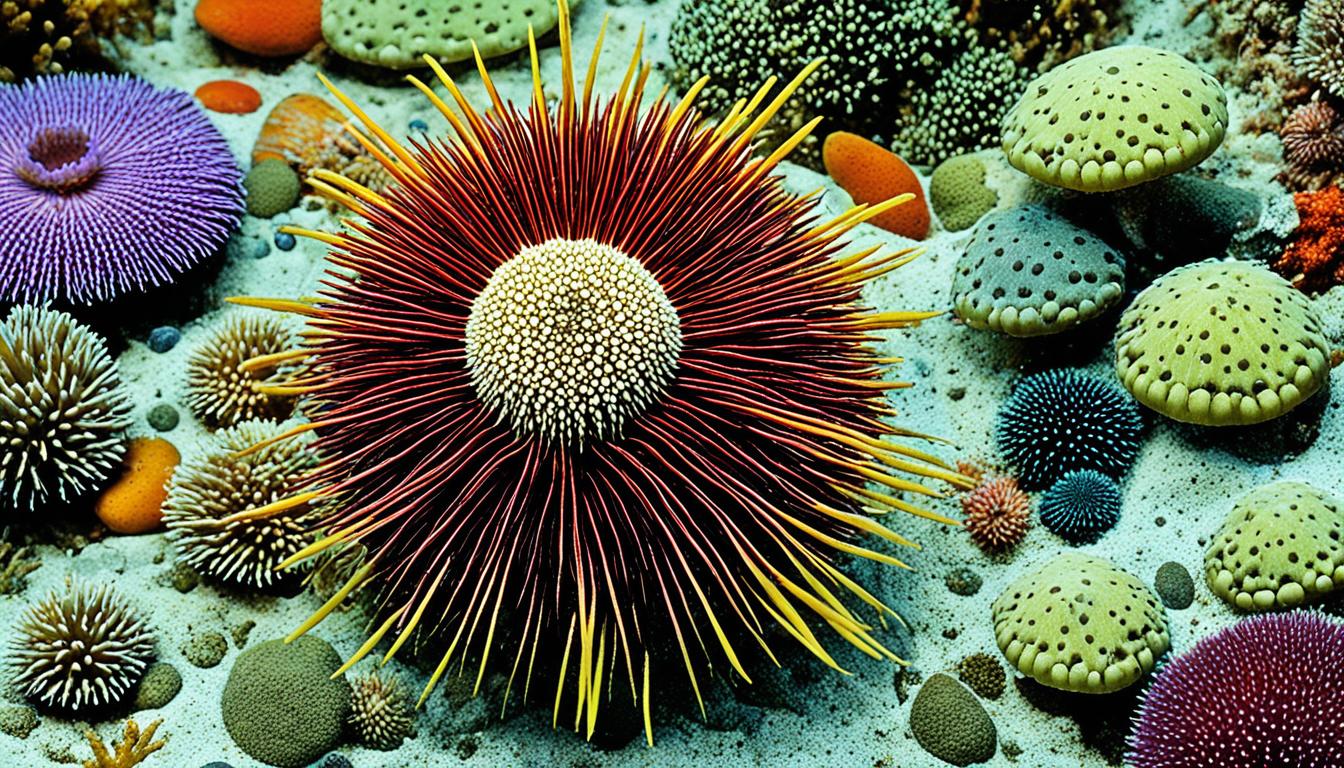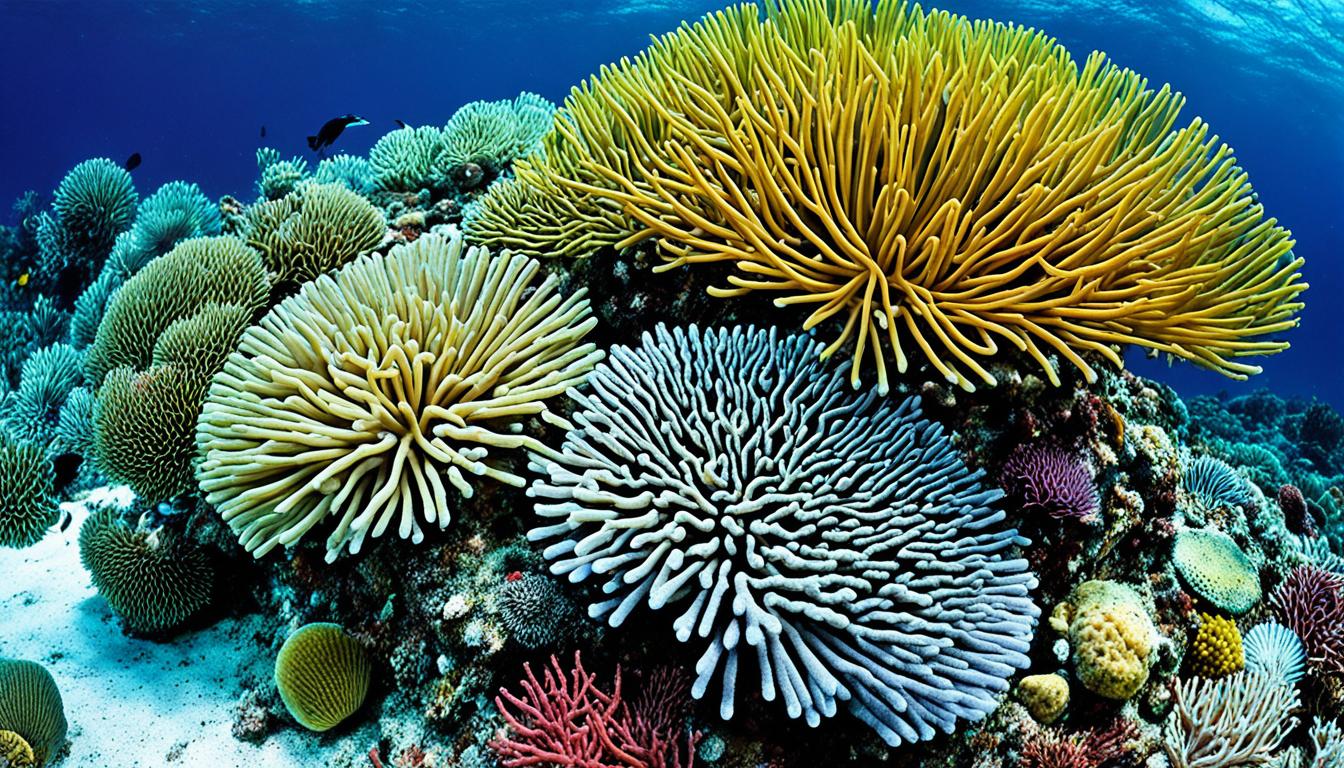Squirrels pile on fat during fall; stock up on nuts; and build themselves a real cozy den in the treetops. As a result, squirrels don’t often freeze to death.
How Can Squirrels Freeze To Death?
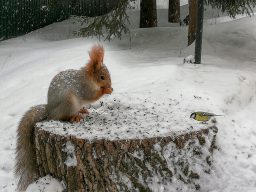
Squirrels normally create themselves a fine nest – or drey – in the trees each year. One for a summer resting pad – and a much more secure and warmer one to sleep out the winter. This drey is built in the fork of a tree and is filled with moss, feathers, grasses, and insect-repelling pine needles. This stronger nest should last the whole winter through – but it isn’t always just about the drey.
Layer Of Fat:
Over the late summer and fall – squirrels need to pile on the pounds. Just like bears – they need to fill out their bodies with as much fat as they can to not only keep them warm but to use as an energy source when they can’t leave the nest. The fatter they are at the start of winter – the less chance they have of freezing to death.
Plenty Of Nuts:
Squirrels are famous for collecting acorns and other nuts and seeds and burying them underground. All over the place. Burying up to 3000 items during a season – these little rodents can really prepare themselves for a full winter larder. The more food they know they have, the more likely they will be to survive.
Their Nest Site:
As long as they are able to find a suitable tree for their winter nest – they will build themselves a good one. However, in highly competitive locations in urban areas – their choice might need to be in the roof of a house. If they get caught out in the house making too much noise – or chewing the wires – they may get evicted and have nowhere safe to go instead and be left out in the cold. Choosing the right nest site is vital for survival.
Do Squirrels Hibernate?
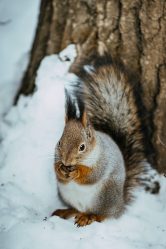
Tree squirrels don’t technically hibernate – although they hide away in their nests for most of the winter – snoozing. Sometimes this is thought of as the same thing anyway – as the word hibernate is often repurposed for us with a duvet day – we just want to hibernate too right?
However, true hibernation is something that only ground squirrels do – like marmots and gophers. Many members of this branch of the squirrel family solidly ‘sleep’ for up to 8 months through winter. This hibernation sleep isn’t like our sleep at night – their bodies go through a range of amazing changes that mean they sort of switch off. They breathe less, their heart rate drops and they don’t need to drink anything the whole time.
Unlike tree squirrels who often pop in and out of their nest for snacks, ground squirrels stay switched off the whole time. You could literally reach into their nest and pick them up – they wouldn’t wake up. It is like they have gone into a stasis of sorts. A way to survive without using energy or having to eat.
Can Squirrels Swim to Escape Freezing Temperatures?
Squirrels and their swimming abilities have been a topic of curiosity. While they are naturally skilled climbers and jumpers, swimming is not their strong suit. Although squirrels can paddle short distances if necessary, their swimming abilities are limited. They primarily rely on other survival instincts, such as building nests and storing food, to cope with freezing temperatures rather than taking to the water.
Should I Feed Local Squirrels?
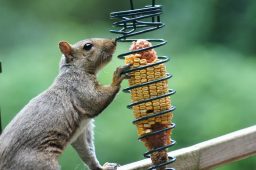
So, if squirrels stay awake all winter – would it be worth feeding them – to help them out?
You don’t need to feed the squirrels in the winter. If the squirrel has already planned ahead and put on the weight as well as hiding all those acorns – they will be fine for the winter. Only if there was a real bad winter – or storms that brought down trees (and possibly their homes) would they benefit from your additional food supplies.
Offering various nuts (walnuts, chestnuts, hazelnuts), fruits (apples and pear), and vegetables (carrots and broccoli) during spring and summer would be great though. You would be helping them to rear their young and then pile on the pounds while caching acorns for NEXT winter. However, do beware.
Regularly feeding squirrels means that they are healthier, heavier, and more likely to survive and rear young – so over time you are actually going to have more squirrels in total. If all their needs are met in that one place (near your yard) they won’t need to disperse to find food, and so will all set up home around your property.
Fine if you love squirrels and have a lot of trees – but if you have more squirrels than possible nest sites – they start to look for alternatives. And one might be your roof space.
Or just plant more oak trees – for a double win.



